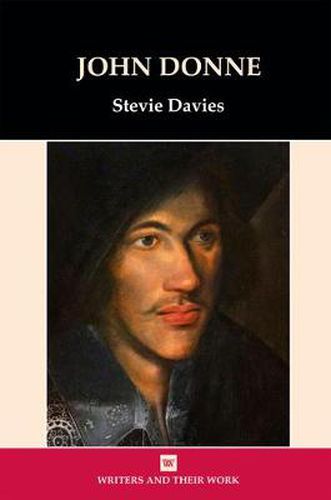Readings Newsletter
Become a Readings Member to make your shopping experience even easier.
Sign in or sign up for free!
You’re not far away from qualifying for FREE standard shipping within Australia
You’ve qualified for FREE standard shipping within Australia
The cart is loading…






Dr Davies’ stimulating study covers the full range of Donne’s poetry, from the early satires and elegies to the Songs and Sonnets and Divine Poems, and includes thoughtful analysis of parts of his memorable sermons. Questioning the traditional critical approach which relates the writer’s life and work, she emphasises instead the Renaissance scepticism which brought all belief - including the concept of the self - into doubt. Close, sensitive readings of individual poems, which make room for personal reactions to their profound emotion, are balanced by a wider exploration of the cultural, religious and political context conditioning the poet’s mind. Raising a feminist challenge to the virility of his writing, Davies exposes the poet’s misogyny and the emotional conflict and vulnerability which it reveals. This powerful book will offer new directions for the study of Donne’s turbulent and brilliant intelligence.
$9.00 standard shipping within Australia
FREE standard shipping within Australia for orders over $100.00
Express & International shipping calculated at checkout
Dr Davies’ stimulating study covers the full range of Donne’s poetry, from the early satires and elegies to the Songs and Sonnets and Divine Poems, and includes thoughtful analysis of parts of his memorable sermons. Questioning the traditional critical approach which relates the writer’s life and work, she emphasises instead the Renaissance scepticism which brought all belief - including the concept of the self - into doubt. Close, sensitive readings of individual poems, which make room for personal reactions to their profound emotion, are balanced by a wider exploration of the cultural, religious and political context conditioning the poet’s mind. Raising a feminist challenge to the virility of his writing, Davies exposes the poet’s misogyny and the emotional conflict and vulnerability which it reveals. This powerful book will offer new directions for the study of Donne’s turbulent and brilliant intelligence.